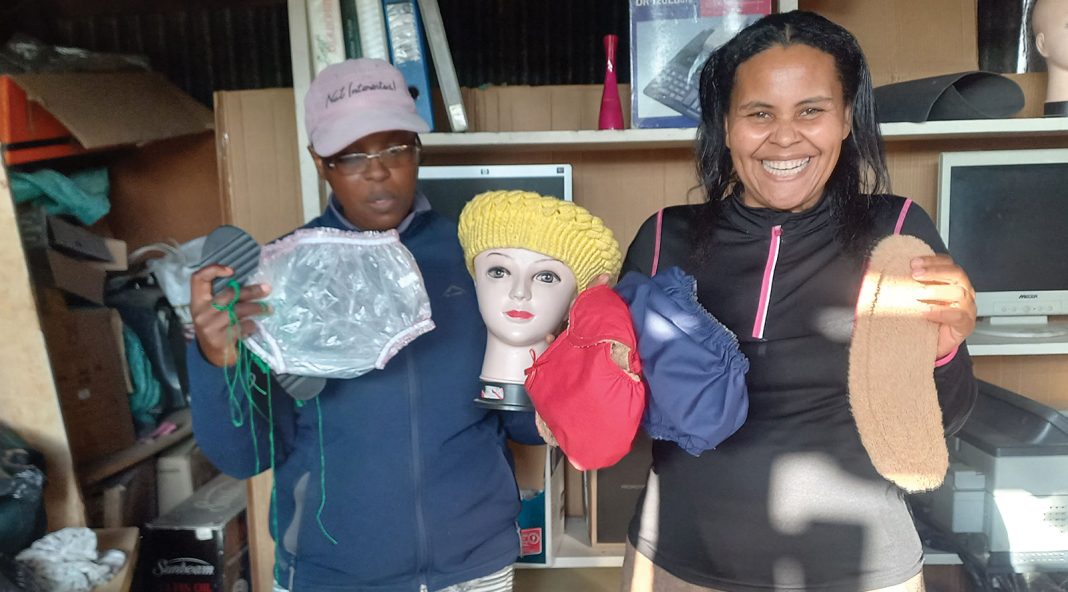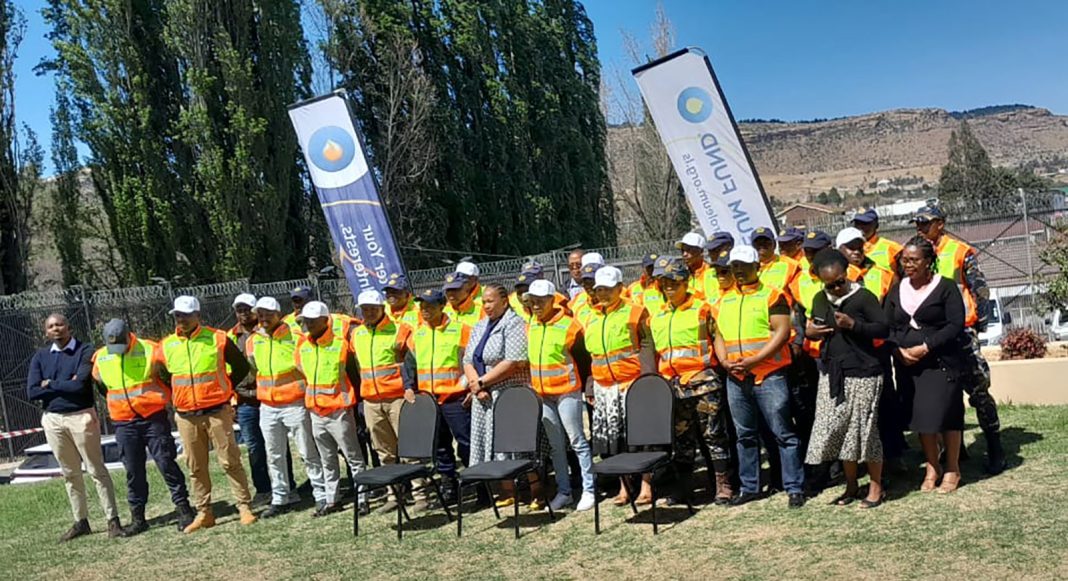The community surrounding the relocated gravesites of 448 remains in Mokhotlong is reeling from the aftermath of the Lesotho Highlands Development Authority (LHDA) three-month project that was completed last month.
The process was undertaken as part of the Lesotho Highlands Water Project Phase II, to pave way for the construction of Polihali Dam.
The grave relocation was carried out by the PGS-Koti Sephola joint venture, a partnership between a South African company and a local Mokhotlong business. Ntha Foods, another Mokhotlong-based company, provided catering services for the project team.
Villagers of Masokeng, Tloha Re bue, Tlhakola and Malingoaneng have expressed distress and frustration over the long distances they must now travel to visit and honour their ancestors, causing emotional turmoil and inconvenience.
The community also fear that some remains may have been mixed up during the relocation process due to the absence of elderly family members to correctly identify the graves.
A human rights defender representing the community, Lebohang Lengoasa, said the LHDA had initially informed them that the villagers also would be relocated to areas near the new gravesites.
However, Lengoasa said the relocation of the villagers had not yet begun, causing additional frustration among community members who are now required to travel about three meters to the gravesites.
Lengoasa indicated this was not only inconvenient, but it also disrupts the community’s connection to their ancestors.
“We fear that some remains may have been mixed up during the relocation process due to the absence of elderly family members to correctly identify the graves. This not only causes emotional turmoil and distress for our community, but also risks severing the important cultural and ancestral connections that are an integral part of our way of life,” he told theReporter in an interview on Tuesday this week.
“Tlhakola villagers have to walk the same distance on a slopping road to the graves, which is inconvenient and dangerous. LHDA needs to address these concerns about the distance and safety of the route.
“We were told that we would be relocated to areas near the graves but that has not happened. Now we have to travel about three kilometres to the new graves which is not only inconvenient but also disrupts our connection to our ancestors. We were shown where we were to be based, but nothing has happened,” Lengoasa pointed out.
However, in written responses to this publication this week, LHDA public relations manager, Mpho Brown, said they carefully considered the potential impact of the graves’ relocation on affected households and the broader community.
He noted that during the process, each family or next of kin was consulted about their preferences regarding the exhumation and reburial of their loved ones.
“These consultations culminated in a signed agreement that outlined the treatment of the graves, including the specific location where the deceased would be reburied. The communities recommended where the graves should be relocated to,” he indicated.
In addition to consulting individual families, Brown stated, the LHDA also engaged extensively with community leaders, including chiefs, councillors, and community representatives, to ensure that the allocation of new burial sites was done in a culturally respectful and inclusive manner.
“Two new burial grounds were established as part of the site establishment graves relocation contract – one is behind the existing village of Masakong and another in Tloha re Bue.
“Both sites are within a short walking distance from the current villages and the new project resettlement areas (with Masakong formalised to include households from Tlhakola). These new burial sites are closer to the villages compared to the original graveyards, ensuring easier access for families and communities. None of the relocated graves are more than 1km away from the village,” he pointed out.
He added that from the outset, LHDA social workers were actively involved in the entire relocation process, providing psychosocial support to the families due to the emotional impact of the exhumations.
Even during these sessions, no concerns about the proximity of the new burial sites were raised, he said.
Brown further noted that the LHDA had not received any concerns or complaints from the next of kin regarding the distance of the new burial grounds from the villages.









